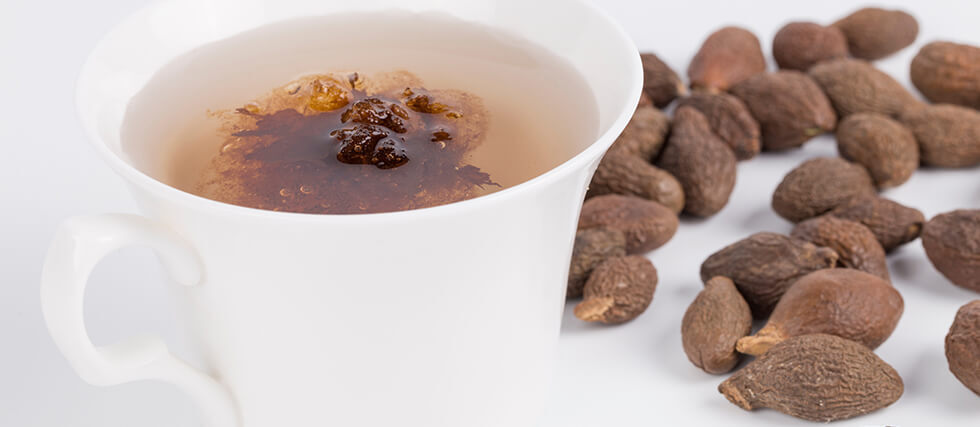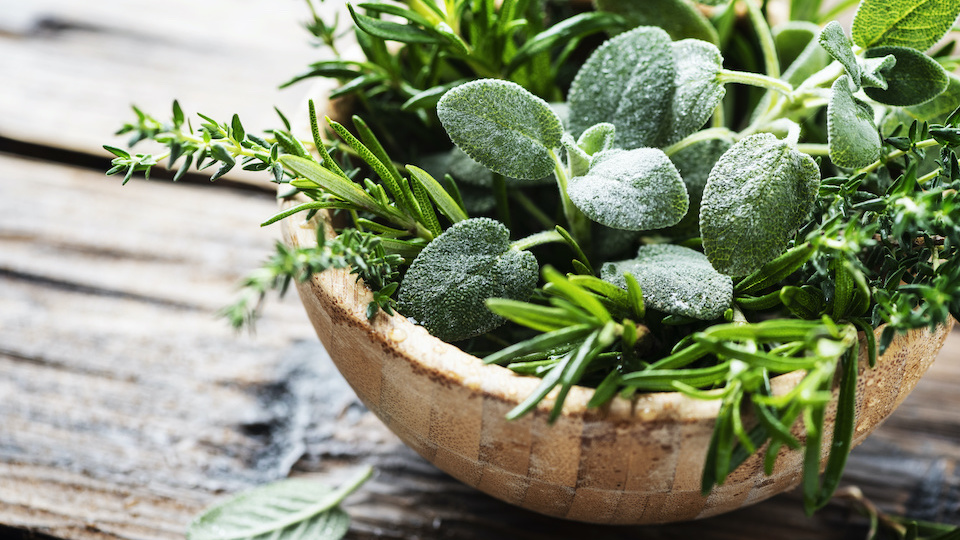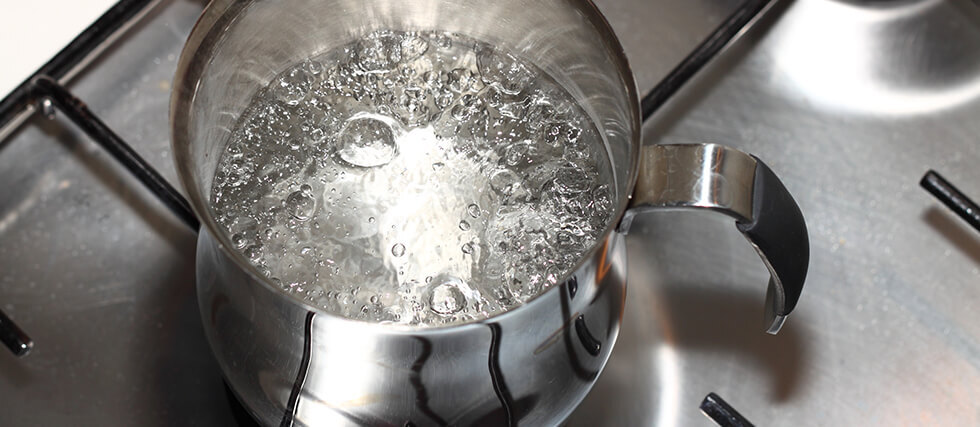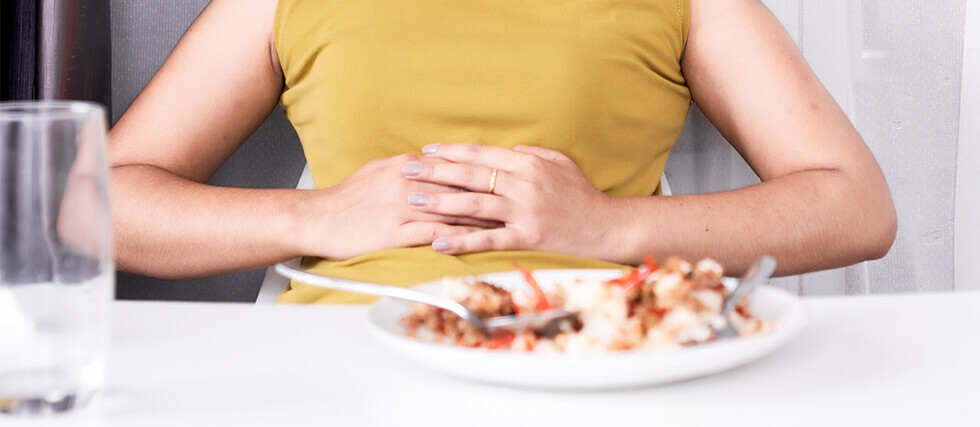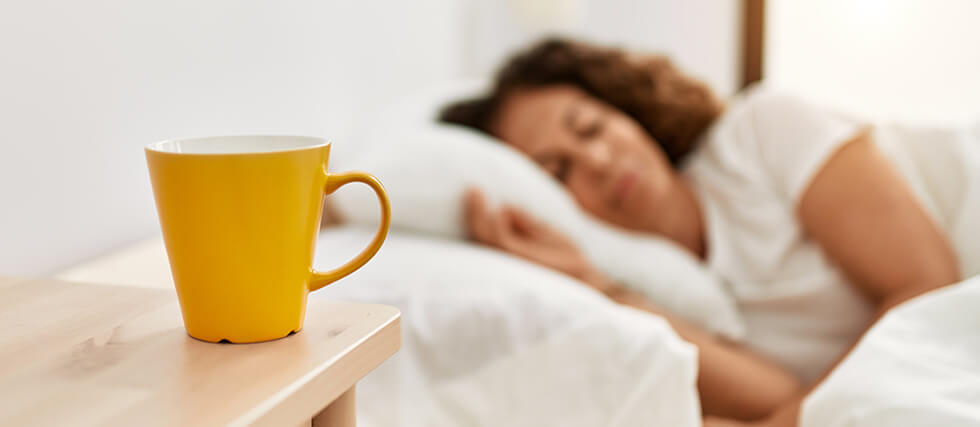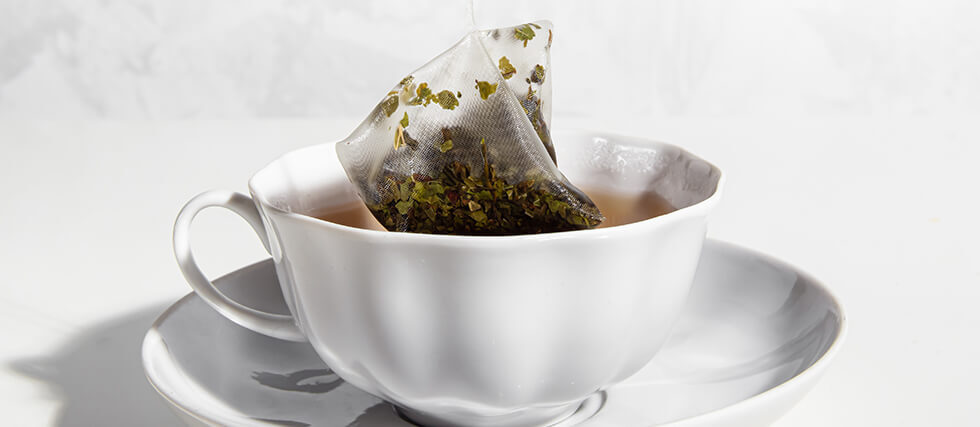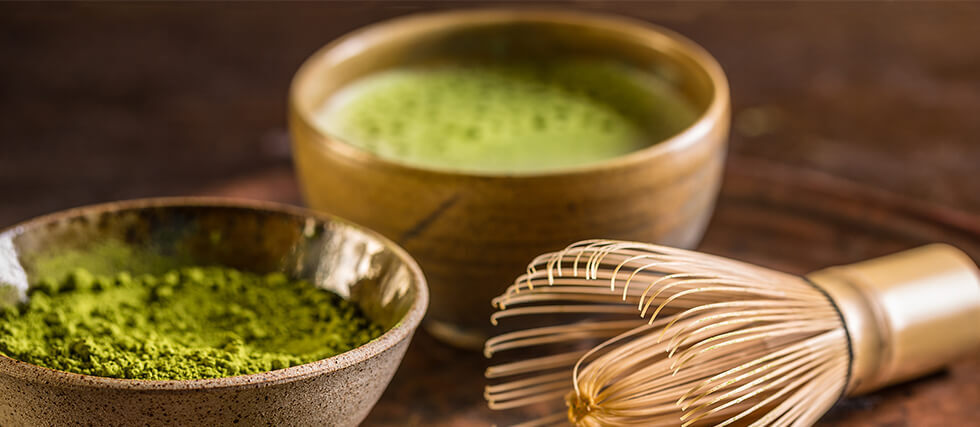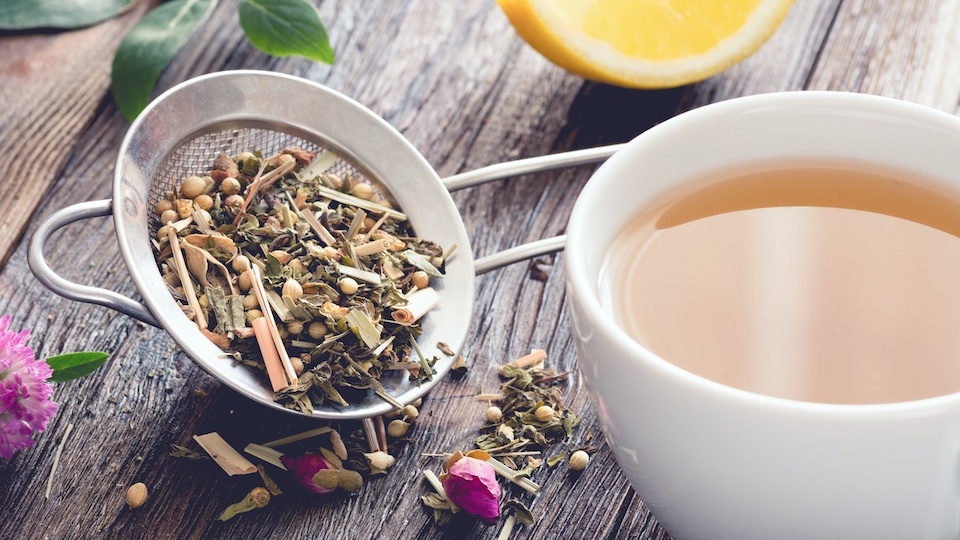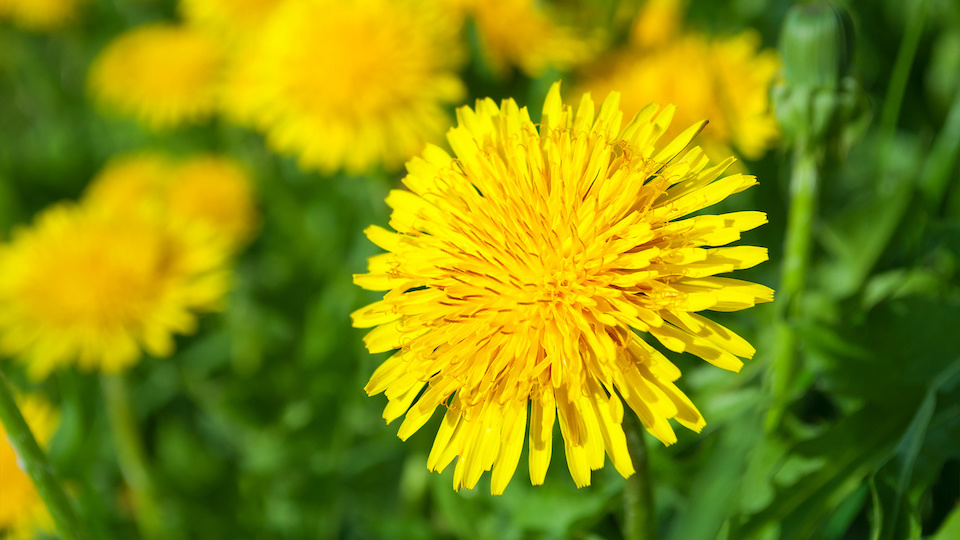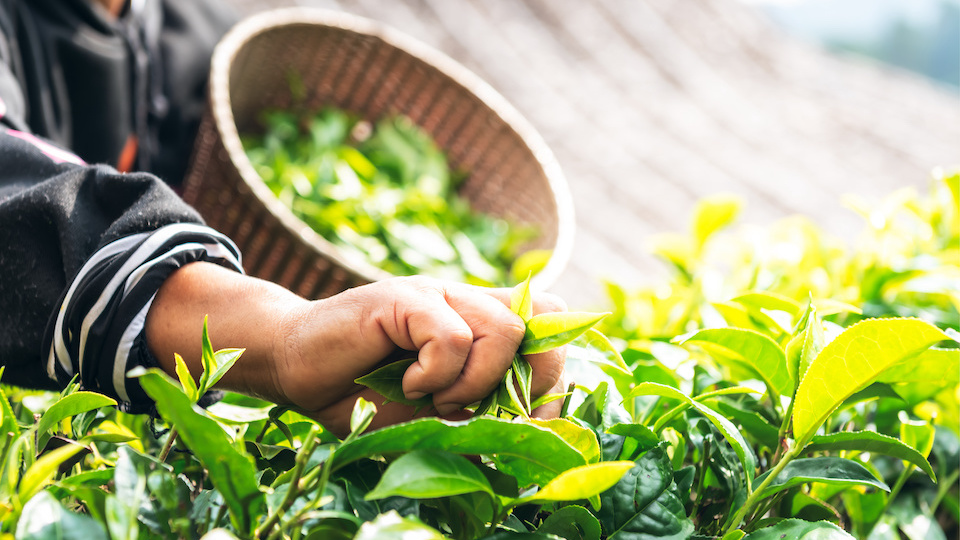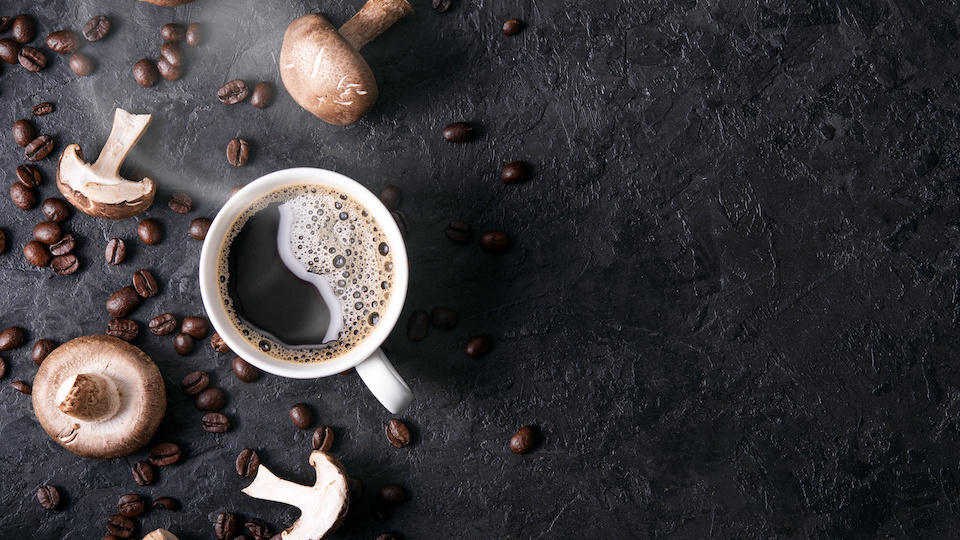Can’t wind down at night? You’re not alone. Luckily, your solution might be as simple as what’s in your cup. Tea—second only to water as the world’s most popular drink-isn’t just cozy, it’s packed with compounds that can help you relax and drift off.
From herbal classics to lesser-known blends, here are six sleep-friendly teas registered dietitians recommend:
1. Chamomile Tea
Chamomile is rich in apigenin, which binds to brain receptors to promote calm and reduce anxiety. Sip it about an hour before bed to ease into a restful sleep.
2. Lemon Balm Tea
This citrusy mint family member is shown to improve sleep, especially for those with anxiety or type 2 diabetes. Its rosmarinic acid activates GABA receptors, which slow brain activity and support deep sleep.
3. Green Tea (Low-Caffeine)
While regular green tea contains caffeine, low-caffeine varieties offer L-theanine, an amino acid that calms the mind and reduces stress without making you sleepy mid-day.
4. Passionflower Tea
Struggle with anxiety at bedtime? Passionflower is a natural sedative that boosts GABA levels, making it a go-to for calming a restless mind.
5. Magnolia Bark Tea
This earthy brew, a staple in traditional Chinese medicine, helps regulate the sleep-wake cycle and ease tension. It’s even been shown to relieve postpartum sleep issues and depression.
6. Tulsi Ashwagandha Tea
This Ayurvedic powerhouse pairs two calming herbs: tulsi (holy basil) for stress relief and ashwagandha for hormone balance. Together, they create a relaxing bedtime ritual.
Pro Tip: Drink tea at least an hour before bed, and add a little raw honey for a sweet and relaxing treat.


